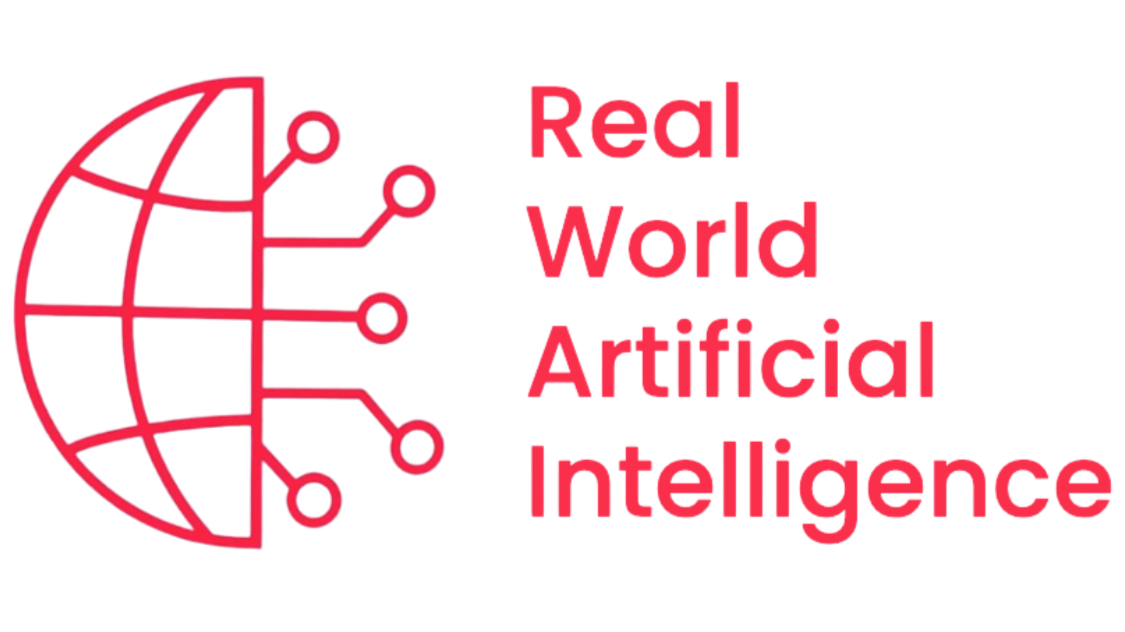Atlassian Rovo Put to the Reality Check
With the newly launched Rovo platform, Atlassian promises to bring AI agents directly into the Atlassian ecosystem - for more context, efficiency and intelligent support in day-to-day work with Jira and Confluence. We are often asked whether Rovo can achieve the same thing as TicketPilot. A good reason to take a closer look at this question. The concept is promising, the appearance ambitious. But how much of it is already a reality today? We have tested Rovo in a real use case - and show what is convincing, what is missing and what you should really be prepared for.
What Rovo does well
Team Graph: A promising concept
The Teamwork Graph is designed to intelligently link information from Jira and Confluence - who is working on what, what is related to what, where is relevant knowledge located? Even if the results are currently still mediocre, the approach is strong - and has potential.
Prompting practical and convenient
Rovo Studio makes it easy to create, structure and reuse prompts in a team. Not an AI miracle - but a practical tool that takes prompting out of the experimental corner.
Availability & Usability
Rovo can be used immediately - even without Jira admin rights. The barrier to entry is low and operation is self-explanatory.
User rights
Rovo only displays information that a user actually has access to according to their Jira or Confluence permissions. That sounds obvious - but it's a real plus in the AI context.
What you need to know
Data protection
Rovo uses large language models from third-party providers such as OpenAI, Google and Mistral. Data from Jira and Confluence leaves the Atlassian Cloud. It is not possible to choose the LLM used yourself or to integrate your own infrastructure such as Azure Open AI. For many companies, this is the showstopper - the consideration of deployment is now complete for many companies.
Cloud Only
Rovo works exclusively in the Atlassian Cloud. Users of the on-prem version of Jira - including many medium-sized and large companies - are left behind.
Not "Agentic"
Rovo agents do not act proactively or autonomously. At its core, it is a library of prompts with simple execution - not real agent technology.
Search is not (yet) smart
The search function does not currently provide convincing results. Finding similar tickets, for example, is hardly useful. However, we assume that Atlassian will make improvements here.
Limitation to standard Jira setups
Rovo only supports standard fields. Custom fields - which are central to many Jira projects - are not processed. Integrations with data sources outside the Atlassian world have also been announced, but are not currently available.
Field test: Rovo in real use
We prefer to talk about things that we use or implement ourselves - a best practice for real-world challenges. And this is how it worked: Our specific use case: story point estimation in Jira. An agent should evaluate Jira issues based on description, effort and complexity - and enter a suitable story point estimate directly into a custom field.
1. agent created and activated in Rovo Studio
Setup was very simple, well managed and quickly executed.
However, the result remained disappointing: it did not go beyond generalities and generic phrases - without context, justification or real assistance.
2. targeted enrichment of Confluence
The documentation was deliberately expanded so that the agent could use it.
Rovo began to access it and recognized the first contradictions - a good sign.
However, it was not possible to get the agent to include similar issues as a comparison or to use the information in context.
3. automation
Objective: The story point estimate should not only be suggested, but automatically entered in a custom field.
Rovo offered to add the description (with human confirmation) - but the actual field could not be set because it is not a standard field.
Our conclusion: chatbots instead of automation
Rovo is not an agent platform. It's more of a structured and customizable chat interface - a complementary layer that can make interaction with Jira and Confluence faster. This has its value - but it should be clearly stated what Rovo is not: Rovo agents do not act independently, do not make decisions and do not replace existing workflows. They provide a convenient way to access and reuse information. For teams that want to automate support, triage or knowledge transfer - i.e. are looking for real agents that take initiative and act independently - Rovo will not be enough. And to come back to the question at the beginning: Rovo cannot replace TicketPilot - or comparable agent solutions.

